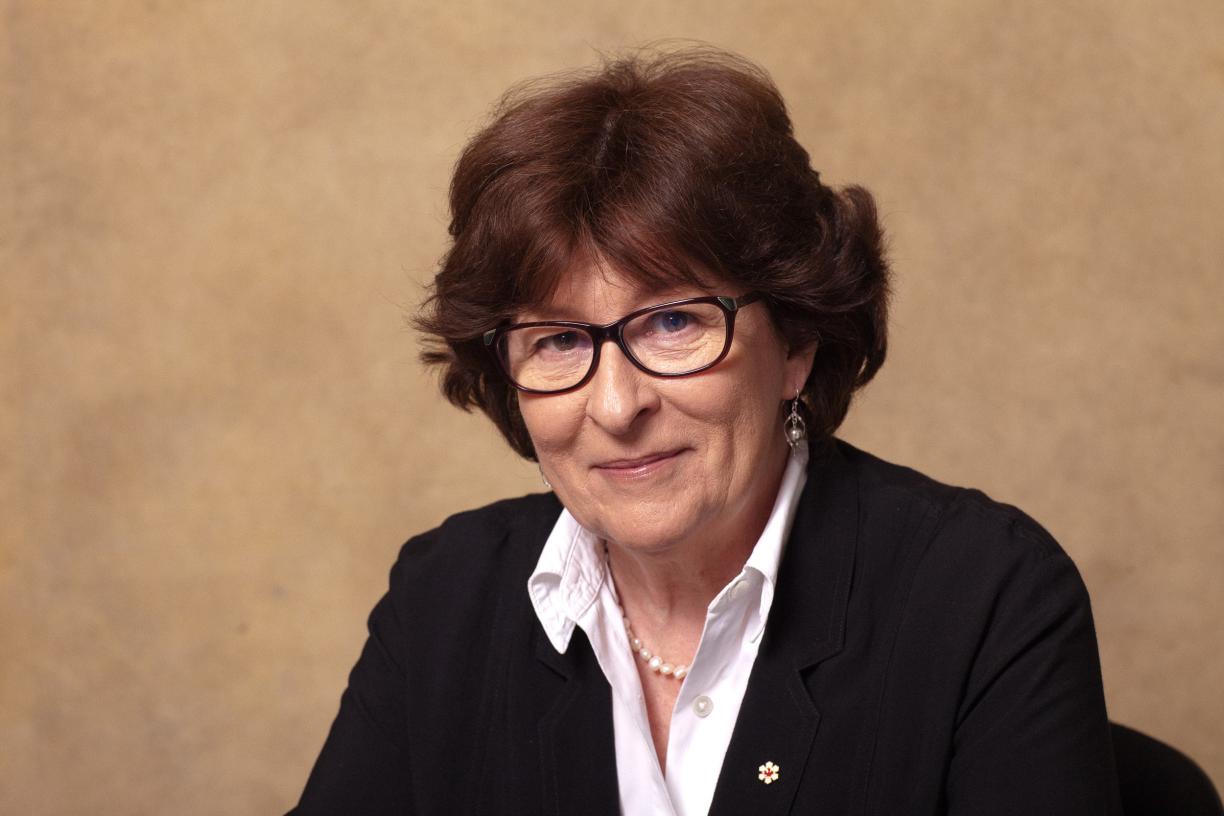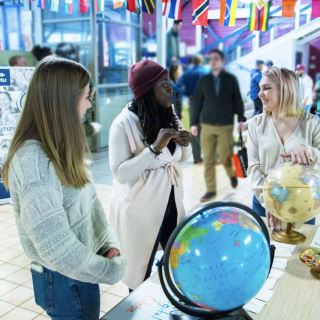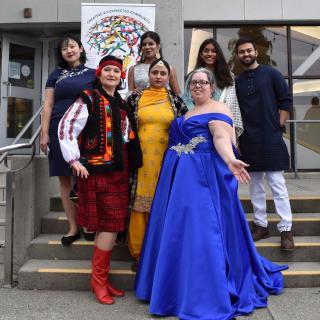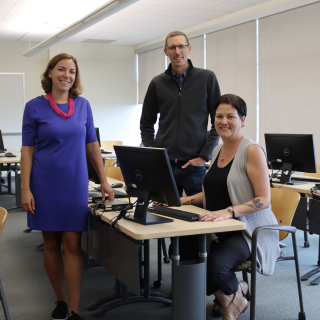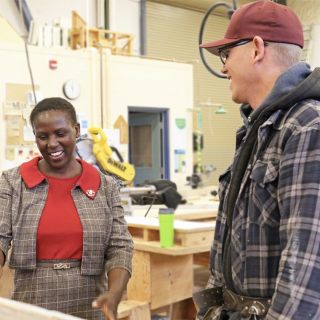Louise Arbour, who has dedicated her professional career to advocating for a more just and compassionate world, will be presented with an honorary degree from VIU on January 31.
The Honourable Louise Arbour has had an extraordinary judicial career protecting democracy, human rights, social justice and equality. But after almost 30 years on the bench and international stage, the globally recognized human rights crusader and former Canadian Supreme Court Justice says it’s time to let the next generation take the lead.
“I am counting on the younger generation to not turn their backs on the kinds of ideals that have been embodied in the Canadian Charter of Rights and Freedoms, which has defined who we have become as a country,” says Arbour. “It’s their world now, and I believe they’re better educated, defter in terms of communication, analysis and research, and they have different ways of tackling issues.”
In recognition of her unwavering dedication to the betterment of the Canadian justice system, international efforts to improve and uphold human rights and her far-reaching professional career, Arbour will be presented with an Honorary Doctor of Laws degree from Vancouver Island University (VIU) at its morning convocation ceremony on Friday, January 31, starting at 10 am.
“Arbour’s passion and commitment to making this world a better place aligns completely with the values of Vancouver Island University,” says Heather Pastro, VIU Art Education Professor. “She is a highly accomplished Canadian scholar and educator, and a fierce advocate and unrelenting leader in the pursuit of global peace and justice for all. Her vast wealth of experiences and deeply rooted wisdom is particularly relevant in today’s world as we face increasing human rights challenges.”
At a time when women sought careers as teachers or nurses in the late ‘60s, Arbour graduated with distinction from the Université de Montréal with a degree in civil law. She was called to the Quebec Bar in 1971, was later appointed to the Ontario Supreme Court and also served as Justice for the Supreme Court of Canada.
“I didn't know anything about law, but to me, it was sort of an open door to different things; journalism, politics, public affairs,” says Arbour. “After a few months in law school, I realized that this is my match. It was the perfect fit for me.”
Arbour has been called formidable, a force to be reckoned with and an advocate who gets things done. Early in her legal career, she chaired an inquiry commission that investigated allegations of the denial of rights and privileges and treatment of inmates in the Segregation Unit at the Prison for Women in Kingston, Ontario, following a violent altercation and strip search of the female prisoners by members of the all-male Emergency Response Team in April 1994. Her report condemned correctional practices and pronounced that the rule of law must prevail inside Canadian penitentiaries and that justice for inmates is a personal right.
Arbour’s commitment to upholding human rights has propelled her onto the world stage.
She has served as United Nations High Commissioner for Human Rights, Chief Prosecutor of the International Criminal Tribunals for the former Yugoslavia and Rwanda, the United Nations Special Representative for International Migration, and as President and CEO of the International Crisis Group, which was devoted to the resolution of conflicts around the world.
Her concern about abuse of power became crystallized during the enactment of the War Measures Act in the 1970 October Crisis in Quebec.
“It was a traumatic experience,” remembers Arbour. “At the time, I was a young professional just out of law school and all of a sudden the army was in the streets of Montreal. There was fear of an insurrection and we witnessed, in my opinion, the arbitrary arrest and detention of people. That was the first real trigger of my life-long concern about the legitimacy of the exercise of power by the state.”
Today, Arbour is a jurist in residence at Borden Ladner Gervais LLP. She is a board member with the MasterCard Foundation and a member of the Global Commission on Drug Policies which is advocating for a shift away from criminalization for personal use and possession and moving to a public health approach for drug consumption.
Arbour says she is dialing things back a bit, but remains engaged in the here and now and our future. She believes our biggest challenge today is maintaining multilateralism - the framework within which countries work with each other.
“Climate change, migration, the revolution of communication technology and the regulation of artificial intelligence - these issues are larger than what can be resolved in any one country,” says Arbour. “A lot of countries are turning inwards, away from multilateralism when we need to be working furiously together because all of those things transcend national borders.”
-30-
MEDIA CONTACT:
Annette Lucas, Communications Officer, Vancouver Island University
O: 250.741.2020 | C: 250.618.7296 | E: Communications@viu.ca

